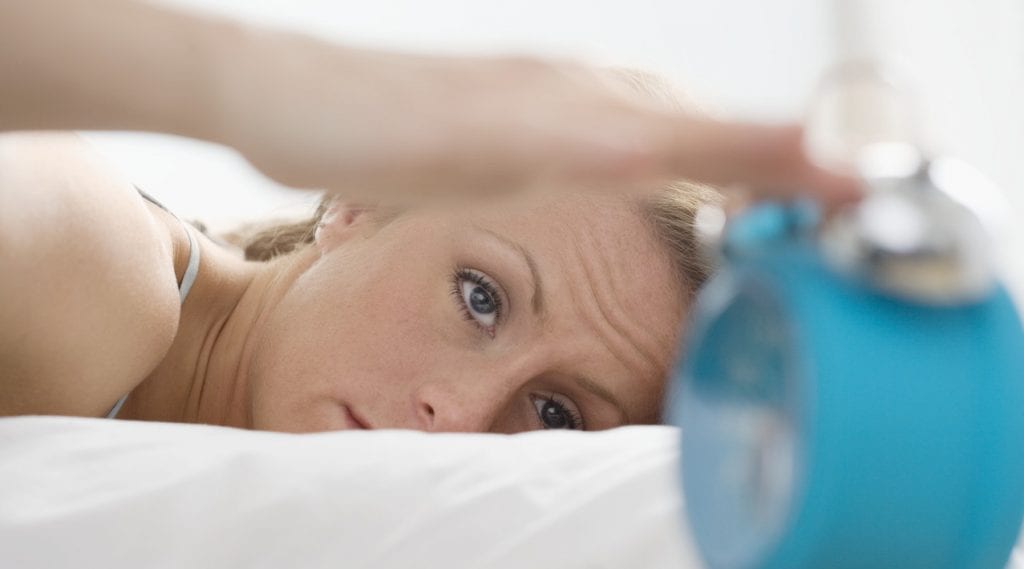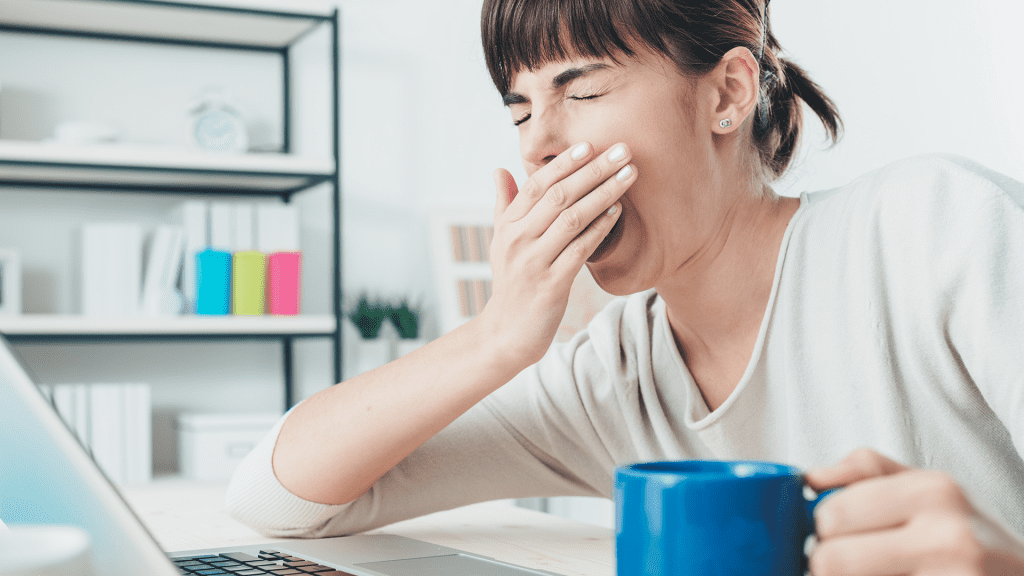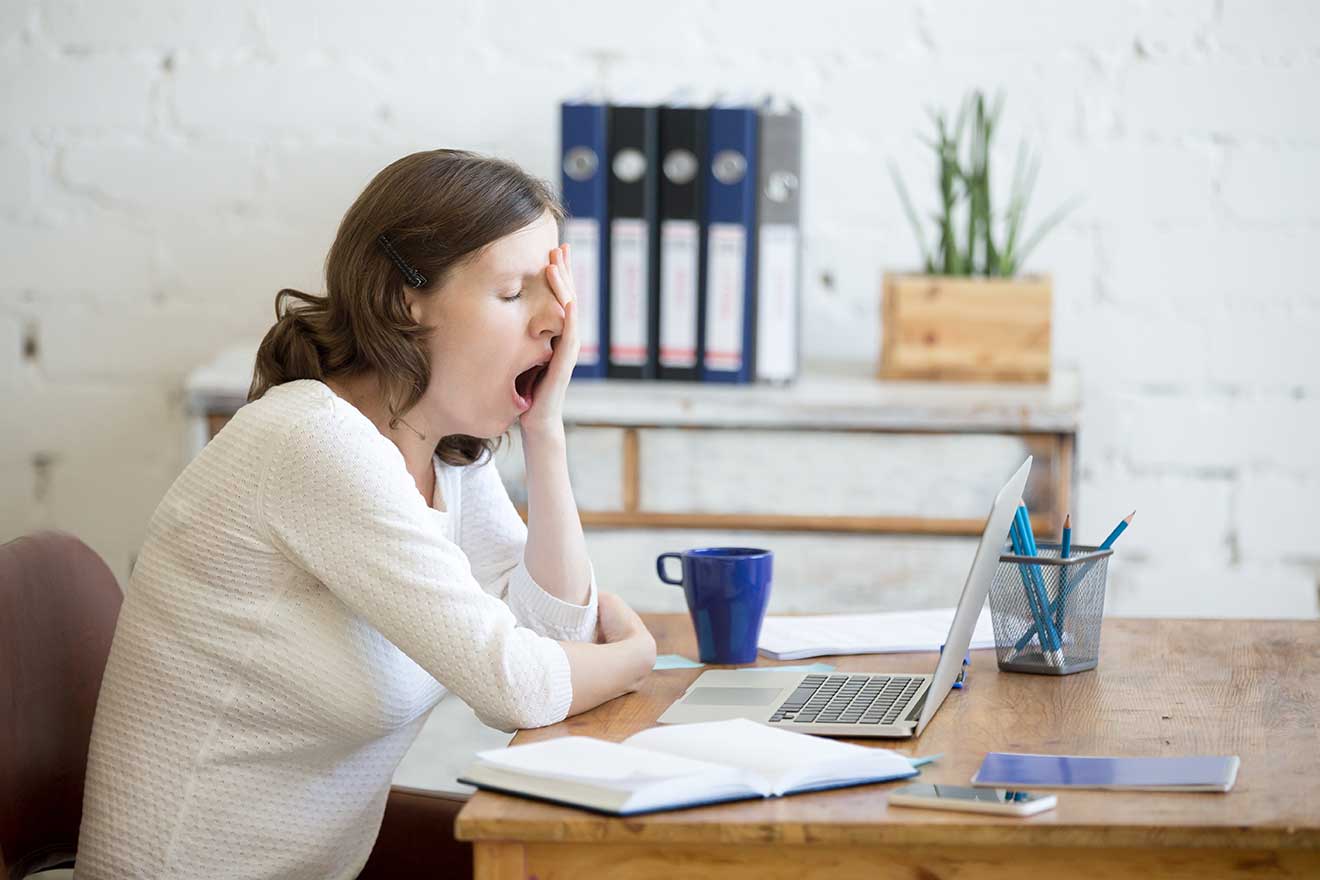Often we have trouble sleeping because of stress, anxiety, or due to jet lag, which is when our circadian rhythms get upset due to traveling. Whatever the reason, problems with sleeping are not at all pleasant and can affect us greatly.
By sleeping disorder, we usually mean the inability to get enough sleep during the night. People might experience it from time to time, but not being able to fall asleep on a regular basis can have detrimental effects on our health and will result with us being exhausted during the day. This can also affect our mood, efficiency, professional and social life.
Some of the more common types of sleep disorders are insomnia, sleep apnea, narcolepsy, and shift work sleep disorder.
Insomnia, described as the inability to sleep well during the night, can be caused by a couple of factors. Those are most often stress, health condition or medication and coffee you drink. It can usually be resolved by taking a look at and changing, some of the daily habits.

Source: shethepeople.tv
People with sleep apnea have trouble with their breathing during the night. Short pauses in breathing cause them to wake up several times during a night. They usually go back to sleep quickly and often don’t remember waking up at all. However, they can be very tired, irritable and sleepy during the day.
Narcolepsy is a sleep disorder that causes excessive sleepiness during the day. People with narcolepsy have a dysfunction of the brain mechanism that controls sleeping and waking and can experience falling asleep during working or driving. One of the solutions for this is the intake of precisely measured CBD dosage that will help you cope with this issue.
Shift work sleep disorder is experienced typically by people working night shifts or the ones rotating shifts. This makes you stay awake when your body requires sleep, and sleep when you should be awake. Many can adjust quickly to working night shifts, but there are still those who are greatly affected by them.
A number of mental health problems can also have a detrimental effect on sleep. While anxiety can keep you awake for hours with thoughts racing through your mind, depression can lead to oversleeping during the day.
There are solutions to most of the sleeping disorders. Sleep apnea is usually dealt with by wearing CPAP – continuous positive airway pressure device. It is a mask worn during the night that helps with breathing.
Some common drugs used for treating symptoms of narcolepsy are Ritalin, Provigil, Nuvigil and tricyclic antidepressants.

Source: hilpischchiro
Other types of sleeping problems you can usually treat on your own. Improving daytime habits can be very effective. It’s recommended to: have a strict and consistent sleeping schedule, avoid drinking coffee up to 6 hours before sleep, exercise regularly, avoid certain kinds of food before bed and keep a sleep diary. Taking hot showers before bed and keeping the bedroom cool will cause your body to lose heat rapidly which is how your body usually prepares for sleep. The screens of smartphones, laptops, and TV should be avoided before bed since the blue light has a negative effect on sleep. Nicotine and alcohol can also be causes of poor sleep.
CBD (cannabidiol) is a non-psychoactive cannabinoid, and many use it today to help them with their sleep schedule. It’s considered to be a very effective treatment for restless leg syndrome, depression, and PTSD which are all linked to sleep deficiency. The popularity of CBD is rising since more and more people are searching for alternatives to prescription drugs like Valium.
As far as CBD dosage MG goes, it’s said that a dose of up to 160 mg before bed might have the best effect.

Source: Hackensack University Medical Center
Some people find that taking melatonin before sleep is very effective. Melatonin is a hormone produced naturally in our pineal gland, and it regulates the sleep cycle. It lets your body know that it’s time for sleep and it helps you relax. Higher levels of melatonin will make you fall asleep more easily, and it’s mostly used by people experiencing jet lag and insomnia.
